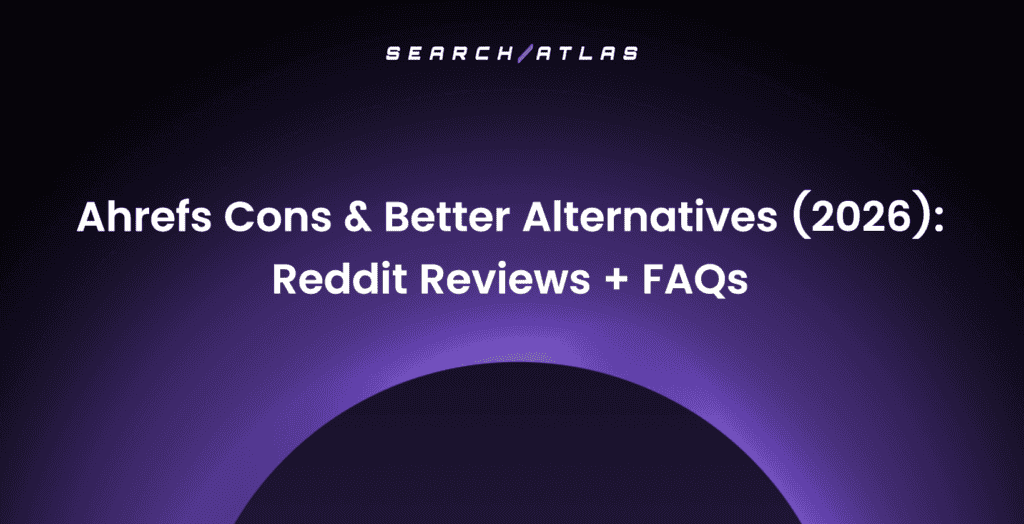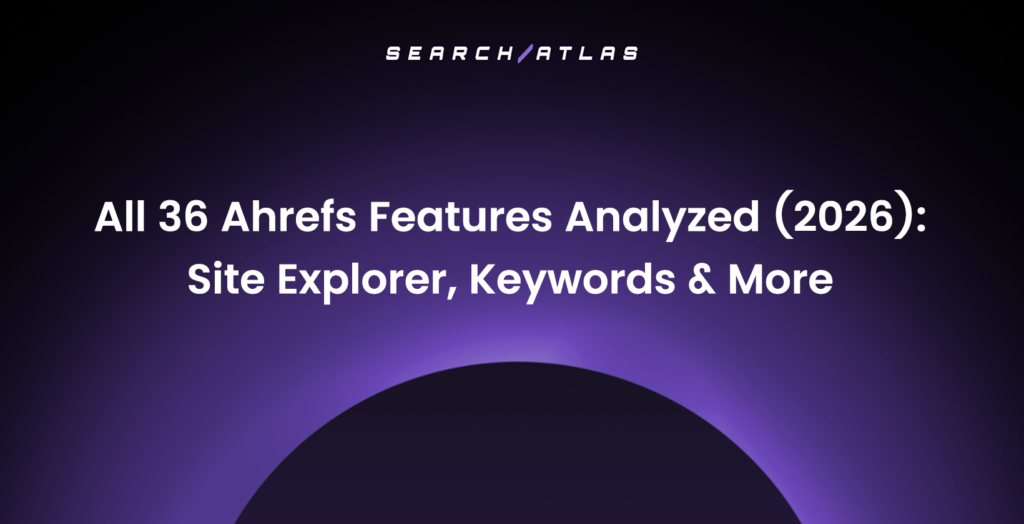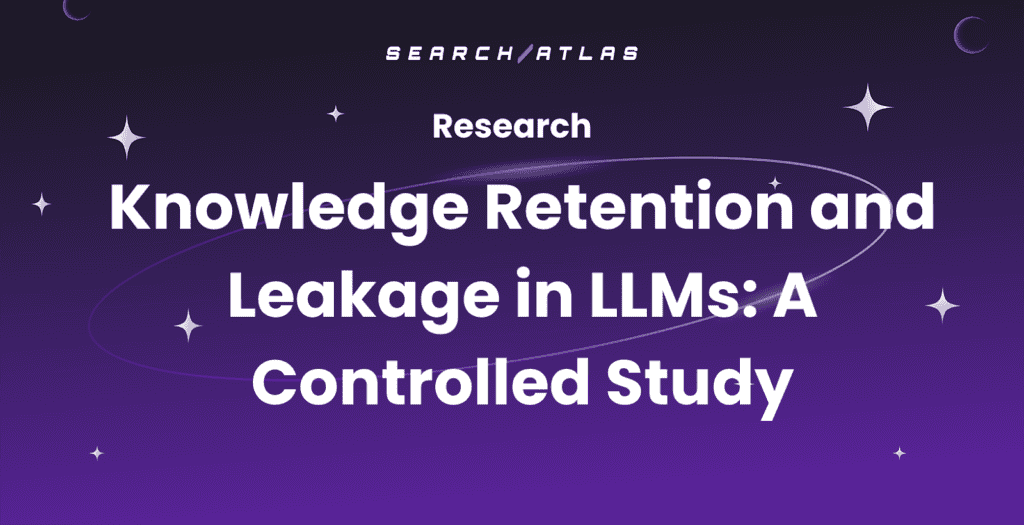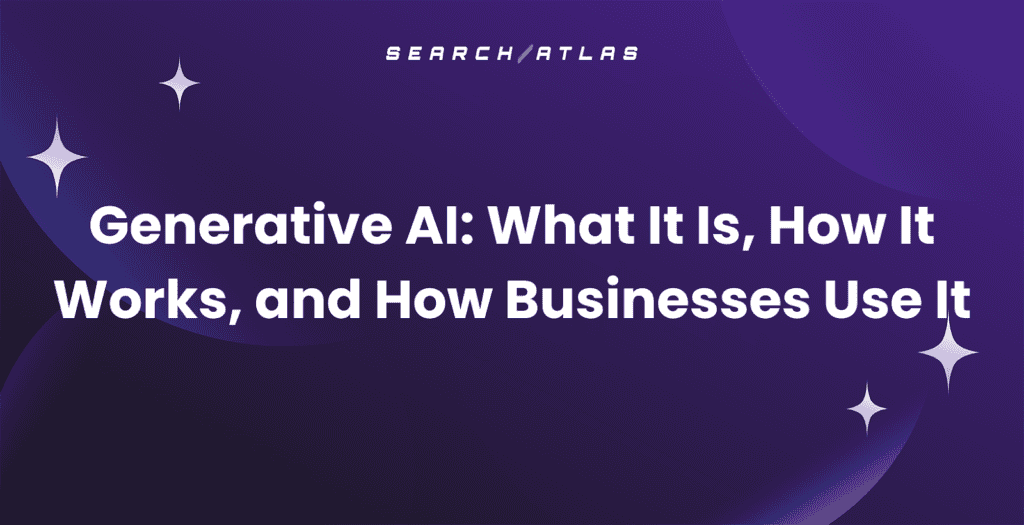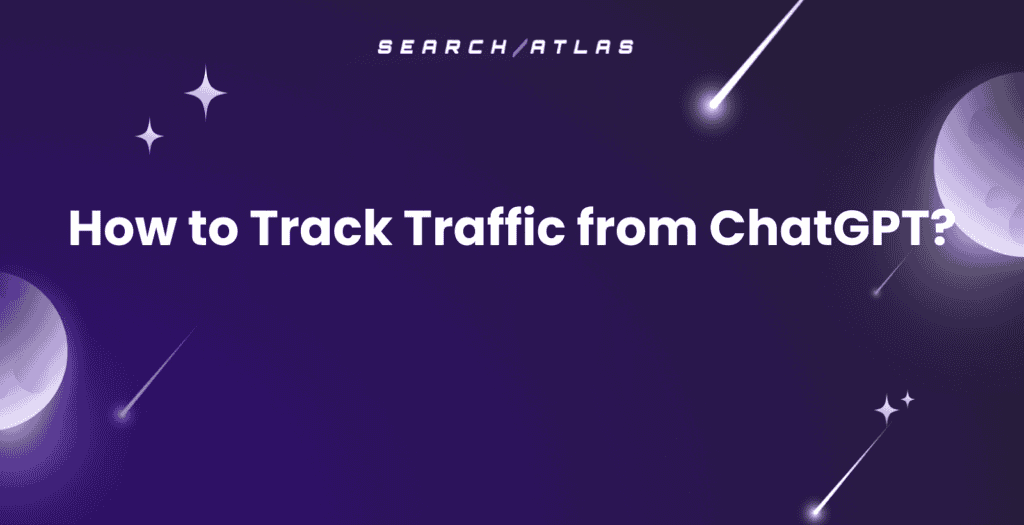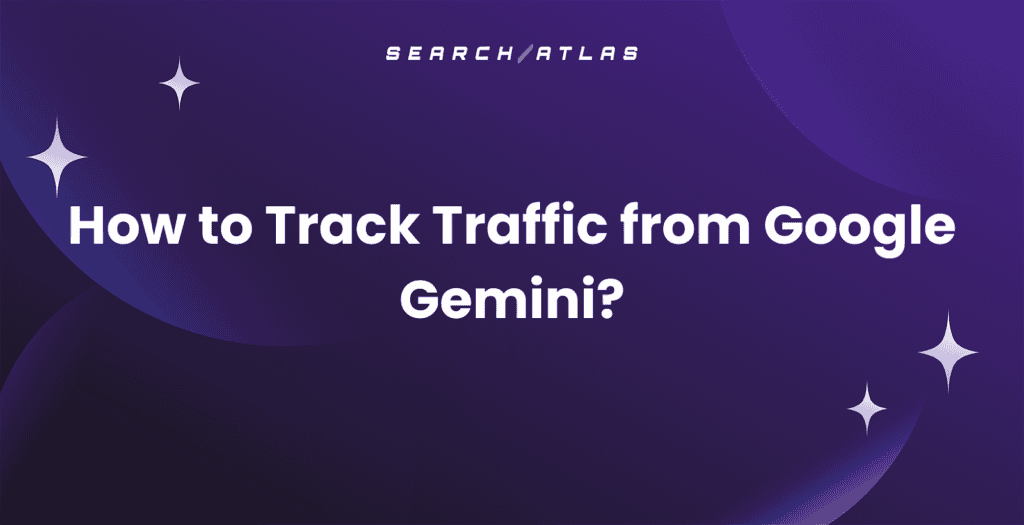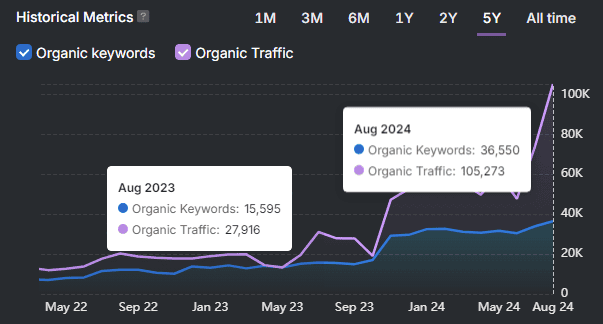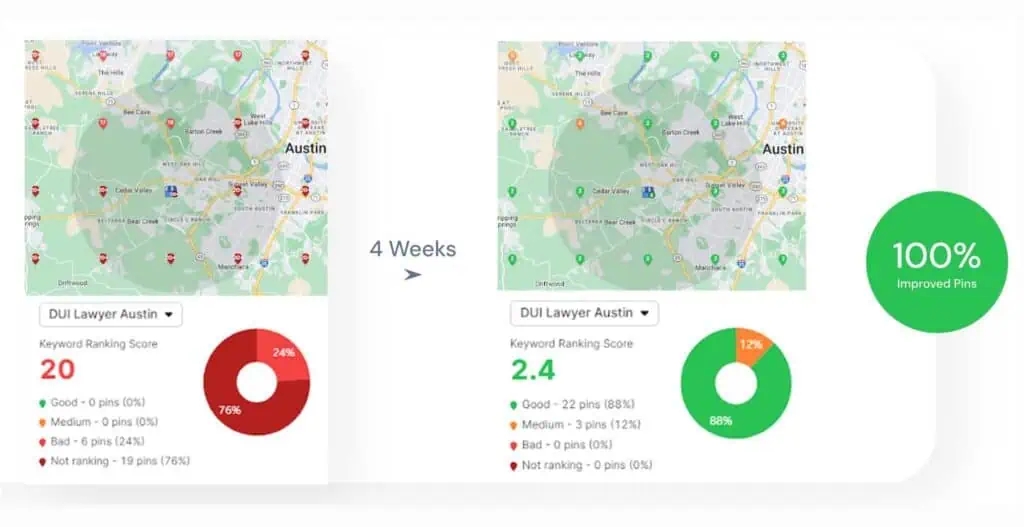NLP keywords are contextually relevant terms extracted from text using Natural Language Processing techniques. NLP keywords represent entities, concepts, and phrases that reflect the semantic meaning of content. NLP keywords support better content matching by identifying what a page is about beyond exact-match keywords.
NLP keywords matter for SEO because they align content with how search engines interpret language. Use tools that detect semantic relationships, identify named entities, and uncover relevant co-occurrence patterns. Best practices for using NLP keywords include extracting NLP keywords with Search Atlas Content Genius, clustering them into topic groups, and placing them in key on-page elements such as titles, headers, and paragraphs.
What are NLP Keywords?
NLP keywords are semantically significant terms that Natural Language Processing systems extract by analyzing how language conveys meaning through structure and relationships. These keywords signal which concepts, entities, and expressions carry the most contextual weight within a given text.
NLP keywords result from structured linguistic analysis, including part-of-speech tagging, dependency parsing, and named entity recognition. These processes identify not just which words appear, but how they function in relation to one another.
NLP keywords are foundational to semantic search systems that prioritize intent, topic relevance, and conceptual completeness. Pages that include NLP keywords mapped to entity hierarchies are more likely to satisfy modern ranking systems and generative engines.
How do NLP Keywords Differ from Traditional Keywords?
NLP keywords differ from traditional keywords by focusing on contextual meaning, not exact match or keyword density. Traditional keywords depend on frequency counts and literal string matching. NLP keywords derive from semantic analysis that interprets the function, role, and relationship of terms within sentences.
Traditional keyword research tools return high-volume search terms. NLP keyword extraction uncovers latent entities, supporting concepts, and meaningful variations that better align with how modern search systems evaluate language. NLP keywords adapt to query intent and linguistic structure, which improves content matching for semantic search.
Why are NLP Keywords Important for SEO?
NLP keywords are important for SEO because they improve topical relevance, intent satisfaction, and entity alignment. Search engines use NLP-based systems to evaluate the meaning behind words, which shifts ranking signals from exact-match targeting to semantic coverage.
Content that uses NLP keywords reflects a deeper understanding of a subject. NLP keywords support passage ranking, featured snippets, and AI-generated answers by making content more interpretable to machines. NLP keywords improve the performance of content optimization tools that rely on semantic scoring and topic modeling.
What are the Key Concepts of NLP?
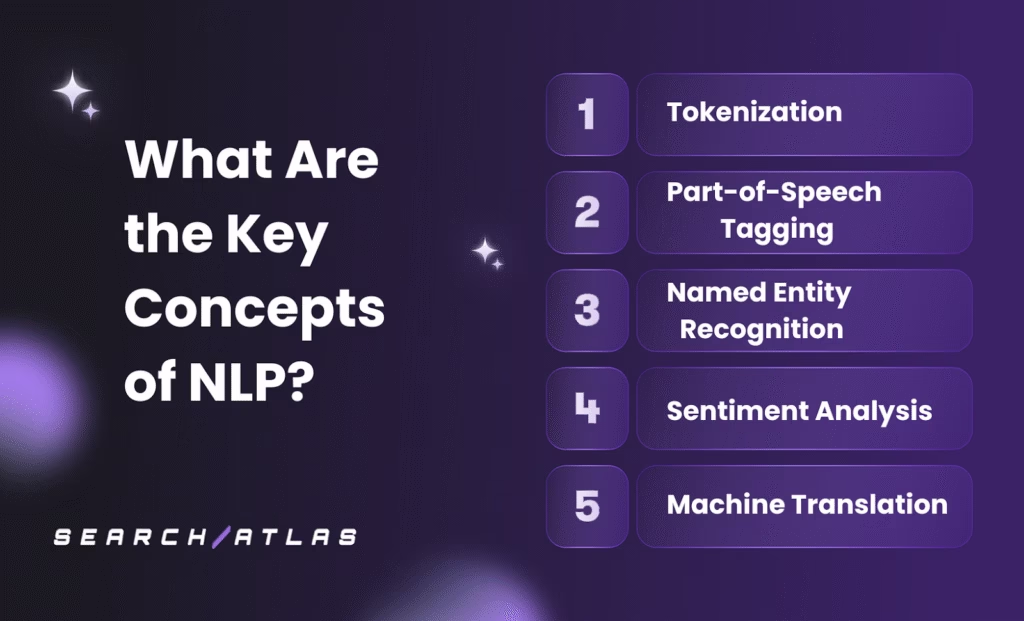
The key concepts of NLP include tokenization, part-of-speech tagging, named entity recognition, sentiment analysis, and machine translation. The key NLP concepts work together to process human language and extract meaningful information from text. They form the foundation for understanding how machines interpret and analyze natural language.
The 5 key concepts of NLP are below.
Tokenization
Tokenization is the process of segmenting text into individual units called tokens. Tokens include words, punctuation, or subword elements, depending on the model. Tokenization defines the structure of the text and prepares it for further linguistic analysis. This step is foundational in all NLP pipelines.
Part-of-Speech Tagging
Part-of-speech tagging assigns a grammatical category to each token in a sentence. Part-of-speech categories include noun, verb, adjective, adverb, and more. Part-of-speech tagging helps NLP models understand word function, identify relationships, and disambiguate meaning across contexts.
Named Entity Recognition (NER)
Named Entity Recognition (NER) identifies and labels specific entities in a text, such as names of people, organizations, locations, and dates. NER supports entity-based indexing and topic classification by isolating conceptually significant terms. This improves content relevance scoring and semantic extraction.
Sentiment Analysis
Sentiment analysis detects emotional tone and subjective meaning in text. The sentiment analysis process evaluates polarity (positive, neutral, negative) and intensity to determine how people feel about a topic, product, or entity. Sentiment analysis is widely used in review mining, brand monitoring, and social media analysis.
Machine Translation
Machine translation converts text from one human language to another using NLP and deep learning models. The machine process relies on language modeling, syntax mapping, and semantic equivalence detection. Machine translation enables multilingual communication and supports content localization across global markets.
What are the 5 Components of NLP?
The five components of Natural Language Processing (NLP) are the layered stages used to interpret human language from raw input to structured meaning. The components of NLP include lexical, syntactic, semantic, discourse, and pragmatic analysis. Each component of NLP contributes to how machines process vocabulary, sentence structure, context, flow, and intent.
The five components of NLP are listed below.
- Lexical Analysis. Lexical analysis identifies words, symbols, and subword units in a text. Lexical analysis handles token boundaries, vocabulary normalization, and morphological structure. Lexical analysis prepares language data for grammatical parsing.
- Syntactic Analysis. Syntactic analysis maps grammatical relationships between words in a sentence. Syntactic analysis uses parsing algorithms to detect subjects, objects, clauses, and modifiers. Syntactic analysis defines sentence structure and rule conformity.
- Semantic Analysis. Semantic analysis extracts meaning by analyzing word relationships and conceptual relevance. Semantic analysis detects ambiguity, interprets synonyms, and maps contextual meaning. Semantic analysis supports keyword extraction and semantic classification.
- Discourse Integration. Discourse integration connects meaning across multiple sentences or paragraphs. Discourse integration identifies pronoun references, topic transitions, and logical coherence. Discourse integration builds contextual continuity throughout the text.
- Pragmatic Analysis. Pragmatic analysis interprets meaning based on intent and situational context. Pragmatic analysis resolves implied language, cultural nuance, and conversational goals. Pragmatic analysis enables machine systems to infer intent beyond literal language.
Why Is Keyword Extraction Important in NLP?
Keyword extraction is important in Natural Language Processing (NLP) because it identifies the most meaningful terms that represent the content of a text. Keyword extraction enables machines to understand what a document is about by isolating conceptually significant terms and entities. Keyword extraction reduces language complexity and transforms unstructured text into structured, searchable data.
Keyword extraction supports four core NLP functions for information retrieval, content classification, semantic analysis, and search optimization. Each function depends on accurately identifying the terms that define document intent, topic relevance, and linguistic context.
Keyword extraction improves the performance of search engines, chatbots, and AI summarization models. Keyword extraction enhances machine learning by generating labeled features for text classification and clustering. It allows systems to scale text understanding across large document sets.
How to Find NLP Keywords?
To find NLP keywords, apply extraction techniques that detect contextually meaningful terms using linguistic structure, statistical weighting, and entity recognition. NLP keyword discovery transforms unstructured text into structured data by identifying high-salience terms relevant to topic modeling and semantic search.
The three main methods to find NLP keywords are listed below.
1. Use NLP APIs or Google Natural Language Tool
NLP APIs and the Google Natural Language Tool extract entity-based keyword sets from raw text. NLP APIs identify high-value terms by analyzing syntax, semantic categories, and sentence structure. The Google Natural Language Tool returns labeled entities with relevance scores that help prioritize keyword importance.
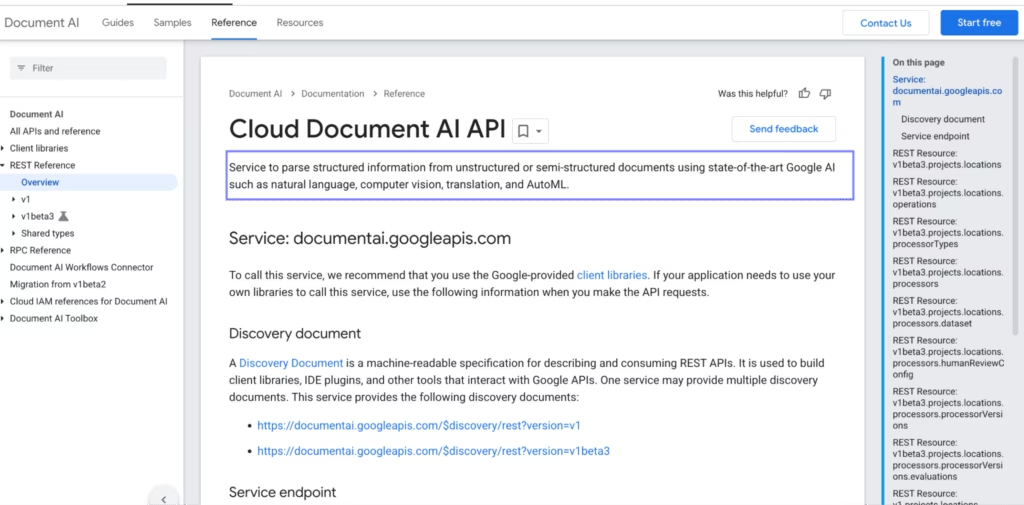
Alternatively, the Search Atlas Content Genius tool automatically identifies NLP keywords by analyzing top-ranking SERPs, detecting entity structures, and scoring contextual relevance. The Search Atlas Content Genius tool highlights high-weight keywords based on how they appear in optimized content.
2. Analyze TF-IDF
Term Frequency–Inverse Document Frequency (TF-IDF) identifies words that occur frequently in a document but rarely across a corpus. TF-IDF highlights terms that carry topic specificity rather than repetition bias. TF-IDF improves keyword quality by surfacing underused yet contextually important terms.
3. Apply Named Entity Recognition to Reveal Specific Topics
Named Entity Recognition (NER) detects references to people, brands, locations, dates, and products. NER isolates entity-rich keywords that define the subject matter of a document. Named Entity Recognition improves keyword precision and supports semantic clustering around identifiable topics.
What are the Best Practices for Using NLP Keywords?
The best practices for using NLP keywords involve automated extraction, semantic grouping, and strategic placement across on-page elements. These practices increase semantic relevance, topical depth, and alignment with how search engines evaluate content structure.
The five best practices for using NLP keywords are listed below.
1. Extract NLP Keywords Using Search Atlas Content Genius
Search Atlas Content Genius is an AI-powered SEO editor that automatically extracts NLP keywords based on SERP entity patterns, contextual scoring, and competitor analysis. The Search Atlas Content Genius tool identifies relevant keywords, phrases, and entities by analyzing the top 20 ranking pages for a target query. Content Genius displays these terms in a relevance grid that reflects frequency, coverage, and correlation strength.
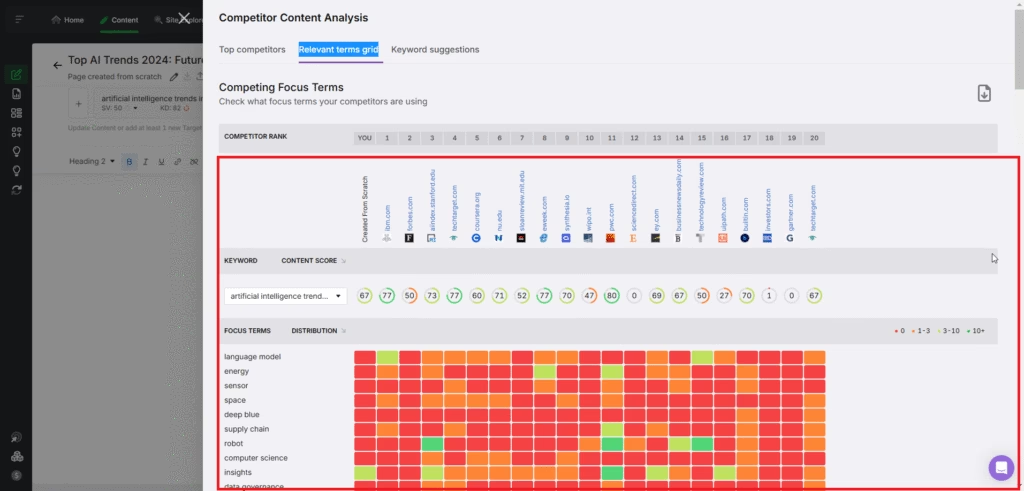
To access NLP keywords, enter your topic and target keyword, then select the country-level SERP. The Search Atlas Content Genius tool will return a structured list of terms labeled as relevant terms. Relevant terms include semantic variations, co-occurring phrases, and named entities used by top-performing content. Writers can insert these terms into content manually or via the AI assistant. This process supports semantic optimization and improves the content relevance score.
2. Group NLP Keywords into Topic Clusters
Topic clusters organize NLP keywords into semantically related groups that support content hubs and pillar structures. Grouping NLP keywords improves coverage, prevents redundancy, and aligns content with entity-based indexing systems.
Create topic clusters by aligning keywords with core entities and subtopics. Use clustering tools or the Topical Maps feature in Search Atlas to generate keyword groupings based on intent, search volume, and co-occurrence. Each cluster should include one pillar term and 3 to 5 supporting NLP keywords. Use these clusters to build article outlines and link structures that reinforce topical authority.
3. Add NLP Keywords to Strategic On-Page Locations
Strategic keyword placement improves semantic salience, search visibility, and header structure interpretation. NLP keywords carry the most weight in titles, headers (H1–H3), introductory paragraphs, and image alt text.
Place high-weight NLP keywords in the title tag and H1 to signal topic focus. Use supporting terms in H2s and paragraph openings. Include NLP entities in meta descriptions to improve CTR in SERPs. In Search Atlas, you can track keyword presence across headers and body copy using the Content Score panel in Content Genius.
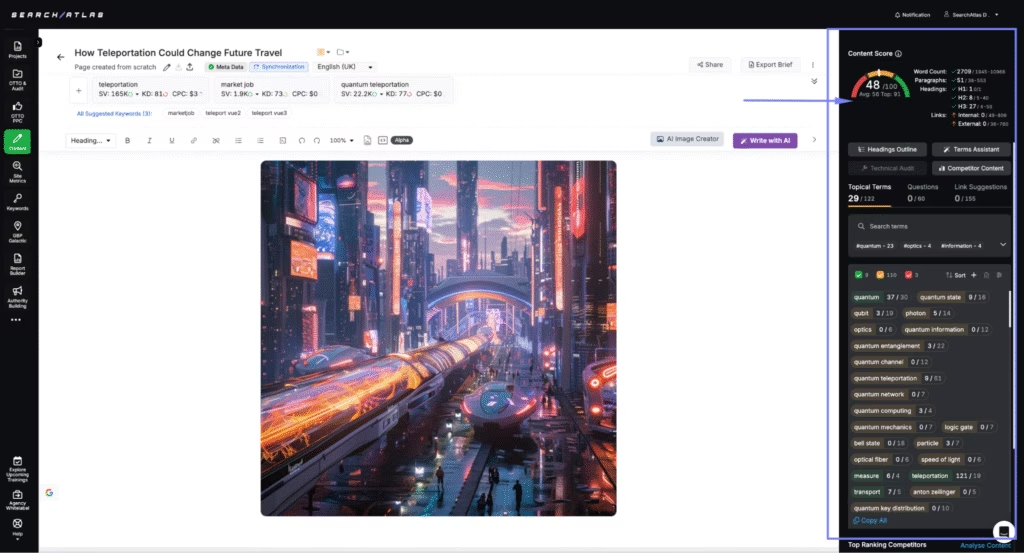
4. Avoid Overusing NLP Keywords in a Single Section
Overusing NLP keywords reduces readability and weakens contextual weighting across the page. NLP-based systems prioritize natural distribution over keyword saturation.
Maintain keyword balance by spreading NLP terms across multiple paragraphs and headers. Repeat high-weight terms only where they reinforce meaning. Use synonyms, co-occurring phrases, and entity variants to increase coverage without redundancy. Content Genius tracks overuse by highlighting frequency ratios and comparing them to SERP norms.
5. Use NLP Keywords in Link Context and Schema Markup
Embedding NLP keywords in anchor text and structured data improves entity recognition and semantic linking. Keyword-rich anchors support contextual linking. Structured data reinforces entity identity and topic relationships.
Include NLP keywords in internal anchor text that connects to related topic pages. Use them in breadcrumb schema, article structured data, and FAQ markup. Search Atlas Content Genius supports schema suggestions based on extracted NLP terms, allowing you to structure content for higher relevance in rich results.
Do NLP Keywords Directly Affect Google Rankings?
Yes. NLP keywords influence semantic relevance, which is a key input for ranking systems.
NLP keywords affect how search systems evaluate content meaning, entity coverage, and topic depth. NLP keywords improve alignment with systems such as BERT, which rank content based on passage meaning and contextual clarity. NLP keywords contribute to entity salience, intent satisfaction, and SERP inclusion.
Can NLP Keywords Be Used for Any Type of Content?
Yes. NLP keywords apply to all content types that require semantic structure and topical clarity.
NLP keywords support blog posts, product descriptions, landing pages, documentation, press releases, and local SEO content. NLP keywords help organize paragraphs, define sections, and match user intent across any format that targets search or discovery systems.
Should I Use NLP Keywords Instead of Traditional Ones?
No, use NLP keywords together with traditional keywords to improve optimization scope and search performance.
Traditional keywords capture exact-match search queries and head terms. NLP keywords uncover related terms, supporting entities, and contextual variations. Combining NLP keywords with traditional keywords increases ranking stability and expands content reach across semantic and syntactic match types.




